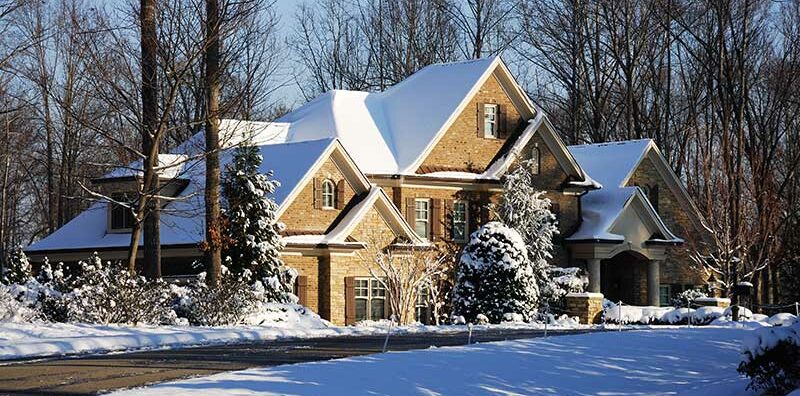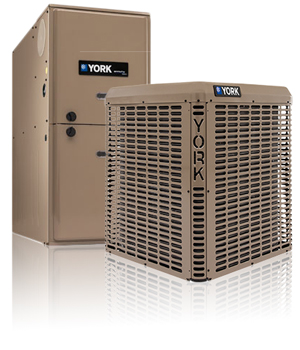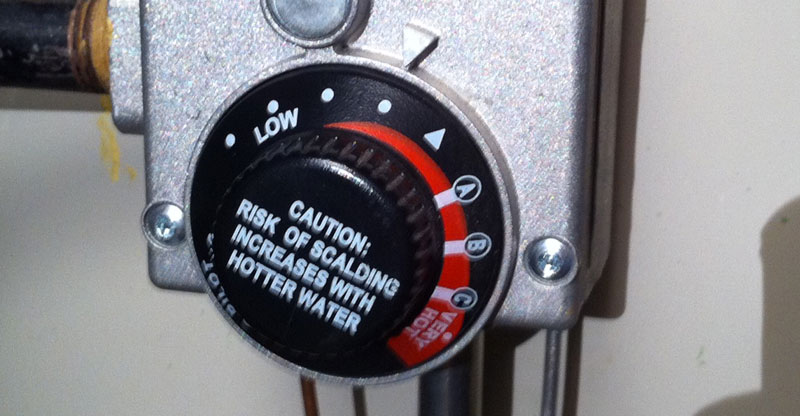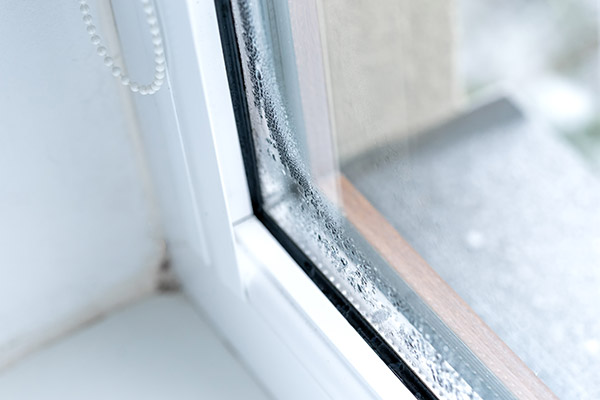As homeowners, we all want to save money and keep our homes more comfortable. With rising energy costs, it’s more important than ever to take steps to reduce your homes’ energy consumption and improve the overall performance. In this blog, we will be sharing proven strategies for reducing home energy bills that homeowners can easily implement as well as professional services we offer that you may need help completing.
Start with this list here:
- Turn off the lights in unoccupied rooms or consider installing timers, photo cells, or occupancy sensors to reduce the amount of time your lights are on in those areas. Occupancy sensors are great for a staircase, hallway, or utility room are some area’s of good use.
- Survey your incandescent lights for opportunities to replace them with LEDs. These new lights can save three-quarters of the electricity used by incandescent bulbs and last 25x longer.
- Unplug equipment that drains energy when not in use or install smart power strips. These devices include cell phone chargers, fans, coffeemakers, desktop printers, radios, ect.
- Turn off your computer monitor when not in use for more than 20 minutes, and turn off both the computer and monitor when not using for more than 2 hours. Smart power strip’s also work great for computers.
- Install a smart thermostat that will adjust according to your schedule, over time it was found programmable thermostats that offset by more than 2 degrees do not really save energy when having to reheat the home back to temperature.
- During the winter months, open curtains on your south-facing windows during the day to allow sunlight to naturally heat your home, and close them at night to reduce the chill you may feel from the cold windows.
- Clean or replace filters in your furnace, air conditioners, or heat pump to reduce electricity consumption and improve your indoor air quality.
- Check your return air grilles. Clean any dust that could be obstructing air flow and make sure nothing is blocking them.
- Make sure your HVAC system receives annual maintenance each year. This will help reduce stress on the equipment from dirty coils and adjusting gas pressures to make sure your system is safe and efficient. Heating can account for almost have the average energy bill.
- Insulate and air seal heating ducts in unheated area’s, such as attics, crawl spaces. Keeping ducts in good repair can prevent up to 60% heat loss at the registers. If you need help with this service we offer a couple solutions including the traditional taping and insulation to new more efficient spray foam.
- Asses your heating and cooling systems. Determine if replacements are justified, or whether you should retrofit them to work more efficiently to provide the same comfort for less energy. Starting in 2023, you can save over $2000+ with local utility and federal tax rebates. For more information on upgrading your home HVAC system to qualify for these rebates feel free to give us a call or fill out the form below and a representative will contact you.
- Install an insulating blanket around your water heater. On average, an insulating blanket will pay for itself after 2 years.
- Turn down the temperature of your water heater to the warm setting it 120 degrees. You will save energy and avoid scalding your hands. If you do need hotter water, try to only leave it turned up temporarily. This may also extend the lifespan of the heater.
- Review additional strategies to reduce hot water consumption when you don’t really need it, like rinsing dirty dishes, taking shorter showers, and other things you may be able to substitute with cold or warm water. Water heating can account for 15%-25% of the energy consumed in your home.
- Insulate hot water pipe’s to prevent heat loss.
- Install low-flow showerheads an faucet aerators to reduce water consumptions. Contact your local utility company to see what items they might provide for free.
- Seal up the largest air leaks in your house. These will include gaps around chimneys, plumbing, electrical, or HVAC wall penetrations in unfinished areas such as crawl spaces, attics. This will help eliminate hot and colds spots in your home saving you money and keeping you more comfortable. Starting this year you can receive up to $500 Federal Tax Credit on air sealing or insulation upgraders. If you need help with these services be sure to give us a call or fill out the form below.
- Upgrade old insulation or add more to help prevent heat transfer. If your walls aren’t insulated or have enough insulation we can help you add blown in cellulose or injection spray foam to you wall cavity area.
- Replace aging, inefficient appliances. Even if the appliance has a few useful years left, replacing it with a top-efficiency model is generally a good investment and will give you piece of mind with a warranty.
- Examine the weather stripping around the exterior doors and address any air leaks. Consider replace the weather stripping or upgrading an old door with a more energy efficient one. This will help save energy and provide more safety to your house.
- Check for leaky windows. Consider replacing old windows with more energy efficient models. If this is not in your budget you could add rope caulk and window film, or low-e window treatments. Typical homes lose more than 25% of their heat through windows.
- Reduce your energy costs by planting shade trees and shrubs around your home. a shaded yard can keep your home much cooler in the summertime.
- Collect your utility bills. Between the gas and electric, target the one most out of line that you can easily address in your budget.
- Schedule a professional energy audit. Our team uses thermal imaging cameras, combustion analyzers, and other tools to evaluate all the areas of your home that need to be addressed in order of optimal performance.
- After completing everything on the list above, you can look into solar energy. Solar energy will reduce your dependence on traditional energy sources. These systems can generate electricity for your home, so you won’t be paying for energy you don’t need.
As a leading HVAC company, we understand heating and cooling isn’t just about repairing and replacing heating and cooling equipment, but helping customers reduce their overall carbon footprint by providing services such as air sealing, insulating, and home energy audits. If you are located near Portage or Valparaiso, Indiana, please give us a call or fill out the form below.








